Social & Historical Sciences

The faculty of Social and Historical Sciences’ interests span the globe, as we seek to understand the social, political, economic, cultural and e...
Learn moreUCL
18 August 2025
- 22 August 2025
30 programme places
Entry requirements
A-Levels: Mathematics and Chemistry required. Biology, Economics, Further Mathematics, Geography, Physics and Psychology preferred.
GCSEs: English Language and Mathematics at grade C or 4.
IB: Mathematics and Chemistry required. Another science at higher level preferred, but not essential. The programme will accept either ‘Mathematics: Analysis and Approaches’ or ‘Mathematics: Applications and Interpretation’ at higher level.
Scottish Advanced Highers: Mathematics and Chemistry required. Another science at Advanced Higher preferred, but not essential.
Welsh Baccalaureate: Mathematics and Chemistry required.
Cambridge Pre-U Principal Subjects: Mathematics and Chemistry required. Another science preferred as third subject, but not essential.
Welsh Baccalaureate: Mathematics and Chemistry required.
*Please note that these requirements are based on the contextual subject and qualification requirements for relevant undergraduate programmes for 2025 entry.
For information specifically about UCL’s undergraduate programmes (including the grade requirements) please see the UCL Undergraduate Courses webpage (https://www.ucl.ac.uk/prospective-students/undergraduate/).
Please note the Summer School will provide a taste of studying at UCL and we therefore advise you check the UCL Admissions grade requirements and speak to your teacher about your academic suitability.
Chemical Engineering is all about changing raw materials into useful products you use everyday in a safe and cost-effective way. Chemical Engineers understand how to alter the chemical and/or physical state of a substance to create anything from face creams to fuels.
Through our Summer School, you will learn more about what it is to be a chemical engineer, by becoming familiar with some basic chemical engineering concepts and their relevance to a wide range of sectors through several exciting activities.
You will be involved in experimental laboratory sessions to introduce you to the fundamentals of how chemical processes and chemical reactors operate. You will also be engaged in some computational workshops to understand how process simulation can be used to design, analyse and optimise chemical processes.
To finish off the week, you will put your new skills to the test and compete in groups to complete a Chemical Engineering design challenge! You will also learn more about careers in Chemical Engineering through a series of talks with speakers from the department and from the industry.
Are you a creative problem solver? Would you like to learn how to think like an engineer? Do you want to use Maths, Physics and Chemistry to make a positive impact in the world? Then the UCL Chemical Engineering Summer School would suit you – we hope to meet you this summer!

The faculty of Social and Historical Sciences’ interests span the globe, as we seek to understand the social, political, economic, cultural and e...
Learn more
Are you interested in working in the humanitarian sector, in a career that makes a real difference to people and communities worldwide affected by ...
Learn more
Why do we procrastinate and how can we stop it? How can we reduce bullying in schools? Does music impact our language and wellbeing? These are exam...
Learn more